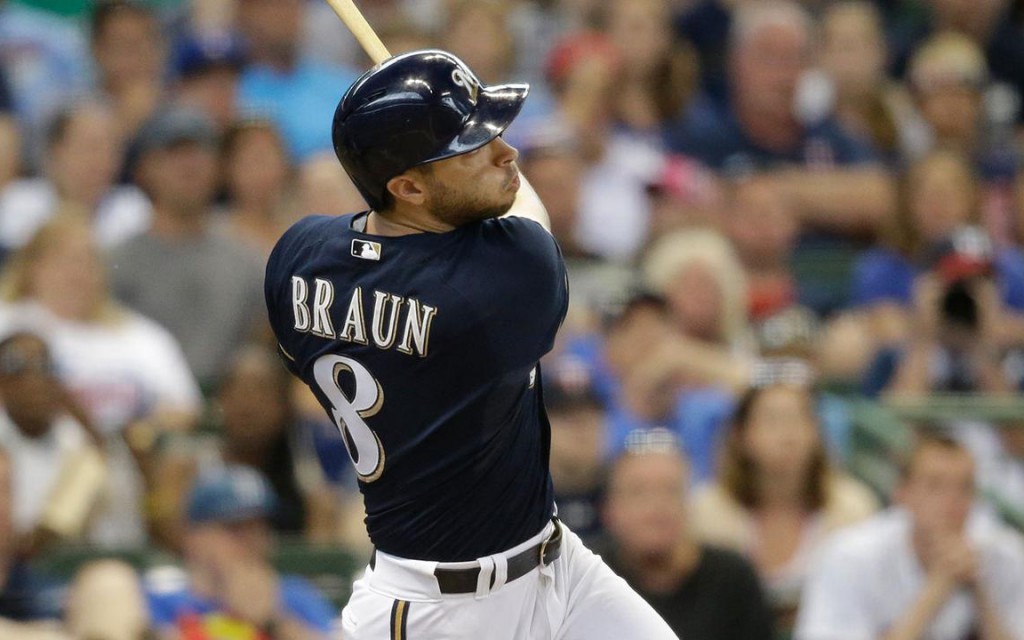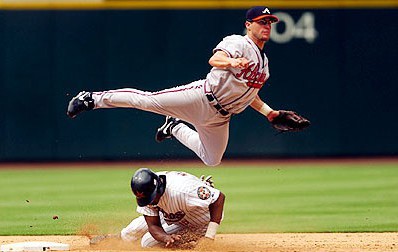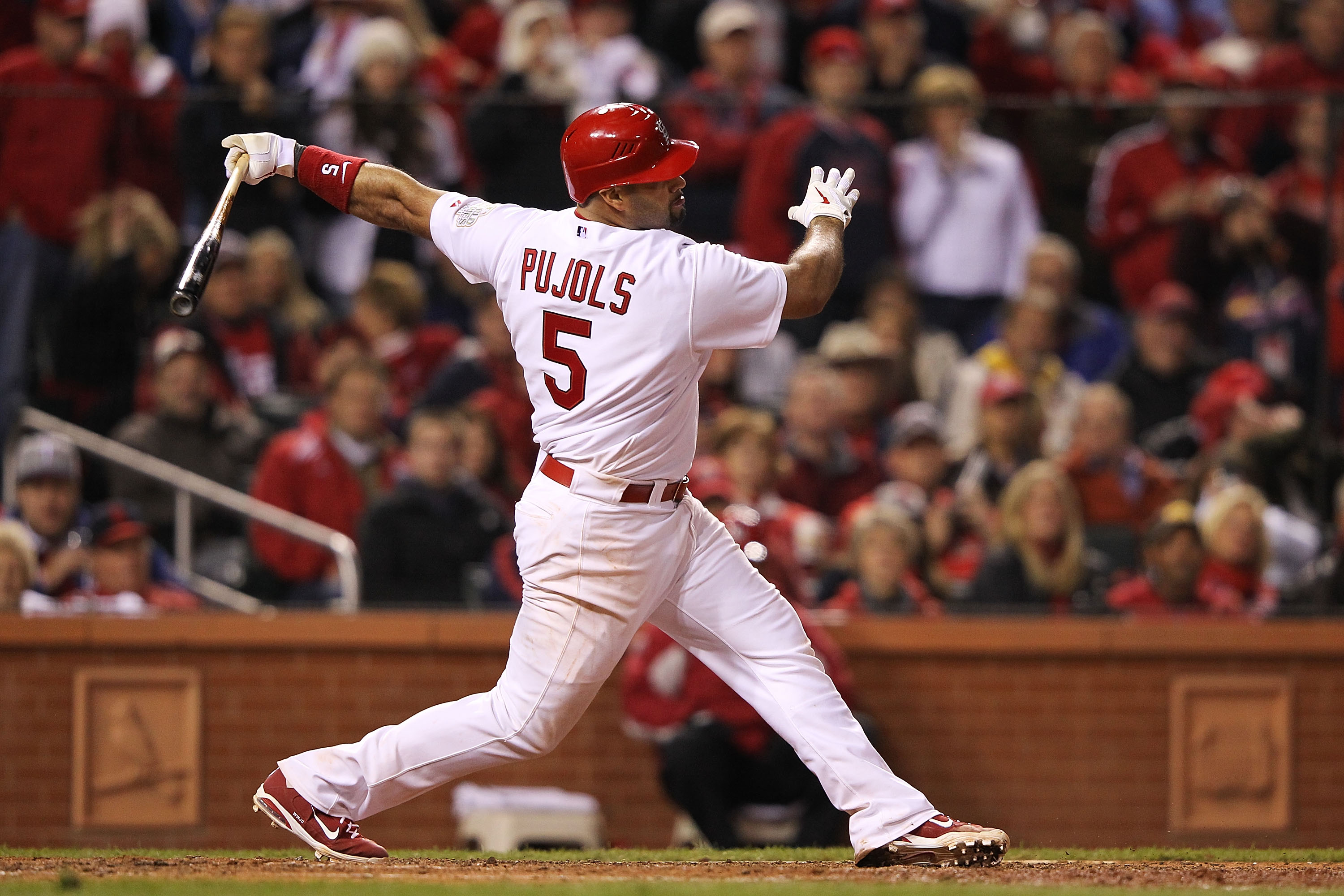For a while, I’ve been operating under the assumption that DFS sites aren’t necessarily very quick to update MLB salaries because games happen so quickly – there isn’t a week break in between like in the NFL. However, through some research on this topic, I think they (in this case, DraftKings) actually do a pretty solid job of accounting for variables – like park factors, pitcher matchups, etc… – that we spend a lot of time researching and trying to exploit.
As you can see by the graph below, players’ Plus/Minus on DraftKings increases as salaries increase:

Now, this can be easily explained – or at least I thought – by the fact that players with higher salaries have those higher salaries because they’re better hitters. Crazy thought, right? The best players perform the best.
This is true, but I don’t think it’s the whole reason. Take a look at a couple hitters and how their price jumps when they play at Coors.


There’s a jump in salary when those guys play at Coors, which isn’t all that surprising because it’s such a known trend. Interestingly, it doesn’t seem like price jumps a whole lot day-to-day because of performance, or we would’ve expected Braun’s salary to dip after several sub-par performances in his series against the Nationals and Royals. Instead, it still rose to above $5,000 during his series in Coors.
I came across this line of thinking by looking at players who have had their salary fluctuate by $1,000 or more on DraftKings in a single month. I was really trying to find players who break out and see how long it takes a site to catch up to their breakout. Instead, it seems that site really update prices on a daily basis based on matchups and park factors more than how a player has played recently. Let’s look at one more example in Jose Bautista.

On June 15, he exploded for two home runs and a total of 30 fantasy points against the Mets – a monster game. Naturally, playing in the same park after crushing two balls the night before, I’d expect his salary to rise, even if only a bit. Instead, the next day, it dropped by $900. The reason? Ace pitcher Matt Harvey was on the hill.
This is not to say that players at Coors or ones in specific matchups are properly priced – we can see that players hitting at Coors are still extremely valuable, even if the price increases.

There are lots of factors that go into winning long-term in DFS. One of them is projecting players – how they’ll do, handedness splits in baseball, matchups in all sports, and a variety of other things. However, site pricing is a very important part of the equation – understanding how your preferred site adjust players’ salaries is a big part of building winning lineups. For DraftKings, it seems that matchups and park factors weigh heavier than recent play.





